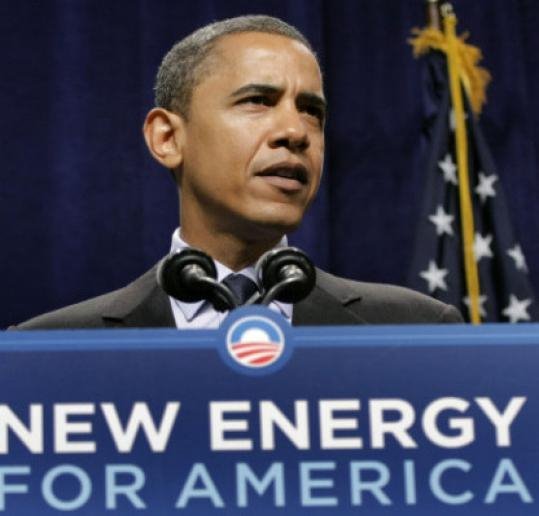An Obama administration advisory panel is championing hydraulic fracturing as a natural gas production method. The advisory panel, in a draft report submitted Aug. 11 to the U.S. Department of Energy, says natural gas production has “enormous potential to provide economic and environmental benefits for the country” while making the United States more energy-independent.
Benefits ‘Massively Outweigh’ Concerns
Former Central Intelligence Agency chief John Deutch, who led the Obama-appointed panel, told the press the economic benefits of natural gas production “massively outweigh” environmental and public health concerns.
“If you do it right, the balance is enormously on the side of production,” said Deutch according to the Aug.15 Wheeling Intelligencer.
Water Contamination Chances ‘Remote’
The draft report is a product of the Natural Gas Subcommittee of the Secretary of Energy Advisory Board which was tasked with creating recommendations to improve the safety and environmental health of hydraulic fracturing operations within 90 days of its creation.
The draft report reiterated “the prevailing view” that the risk of groundwater contamination from fracturing fluids is remote, while also recommending that natural gas production companies be required to disclose the composition of fluids used in the hydraulic fracturing process. The panel suggested there are no technical or economic reasons to prevent disclosure, provided there is an exemption for cases in which the information is genuinely proprietary.
Environmental Safeguards Proposed
The panel also addressed ways the industry can protect air and water quality, predominantly through improved data gathering and adoption of best available technologies. The remainder of the panel’s recommendations deal with sharing of best practices, research and development needs, increasing transparency, and improving communication among regulators.The panel observed the proper regulatory role for state and federal government was outside the scope of the study. It did, however, express a belief that, “a single best engineering practice cannot [be] set for all locations and for all time” for an industry with significant regional diversity and rapidly changing technology.
Federalism Concerns
National Association of Manufacturers vice president for energy and resource policy Chip Yost hopes individual states will retain the authority to regulate natural gas production.
“If the federal government is put in charge of regulating shale gas production, then I have already seen this movie and it doesn’t end well,” Yost said. “Let’s not go down the path of limiting what energy sources we will use, but let’s [instead] pursue a course of utilizing all of our sources, which will help lead to lower energy costs and economic growth.”
Public comment on the draft report can be made at http://app.fossil.energy.gov/app/shalegas/. The final report will be released by November 18, 2011.
John Monaghan ([email protected]) is the legislative specialist for energy and environment issues at the Heartland Institute.



